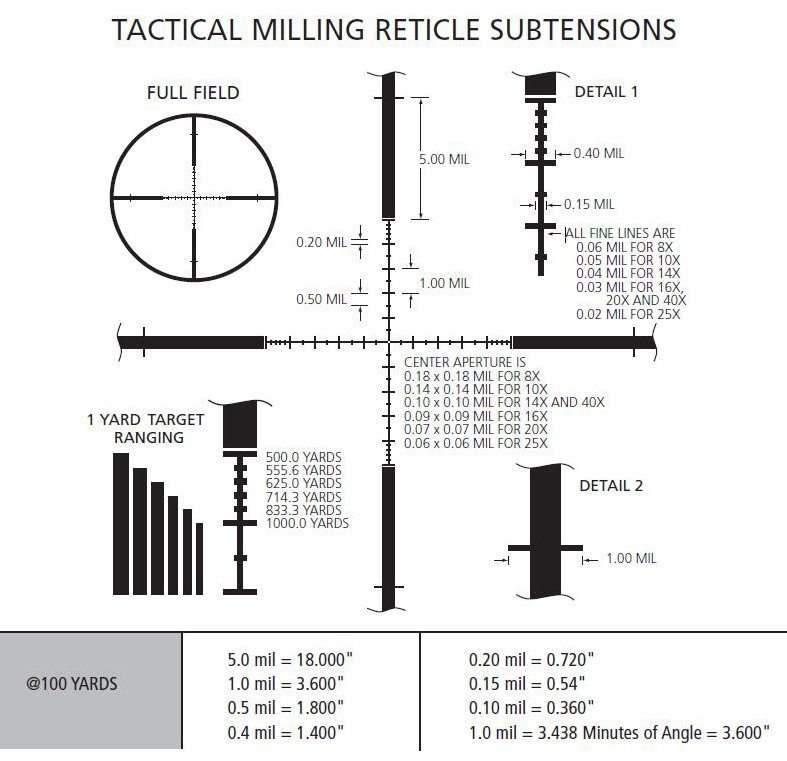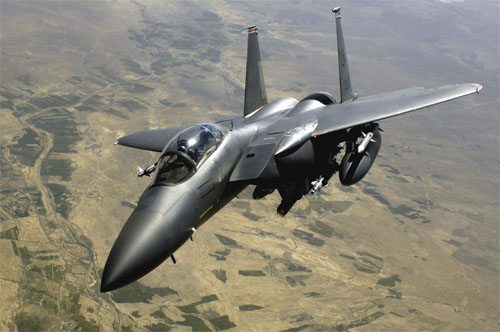United Press International,
WASHINGTON: U.S. officials are becoming increasingly uneasy about the behavior of Taiwanese President Chen Shui-bian. The latest cause for concern was his February 28 decision to shut down the National Unification Council and announce that the unification guidelines Taipei adopted in 1990 would “cease to apply.” Chen had telegraphed that step during a speech a month earlier marking the Lunar New Year.
In that speech he also outlined two other major tasks for his government in the year ahead-finalizing a new constitution ahead of a national referendum in 2007, and applying to join the United Nations under the name Taiwan (rather than the island's official name, the Republic of China).
All of those positions were certain to infuriate Beijing. One newspaper with close ties to the Chinese leadership described Chen's speech as “a bombshell,” and PRC officials soon branded the Taiwanese leader as a “troublemaker” who was raising cross-straits tensions to dangerous levels.
Beijing reiterated its long-standing warning that it would never tolerate the triumph of separatist policies on Taiwan, even if preventing that triumph required using military force. China's reaction to Chen's apparent scrapping of the NUC was equally uncompromising, as PRC President Hu Jintao warned that the Taiwan leader risked “disaster” with such conduct.
Washington has also reacted negatively to Chen's behavior. U.S. officials had already been surprised and alarmed by his address to the nation on January 1, which had seemingly gone out of its way to challenge Beijing. Now, Chen was escalating tensions again.
The U.S. State Department responded to Chen's Lunar New Year's speech with an unusually blunt statement. It stressed that Washington “does not support Taiwan's independence and opposes unilateral changes to the status quo by either Taiwan or Beijing.”
Read Full Article Here









